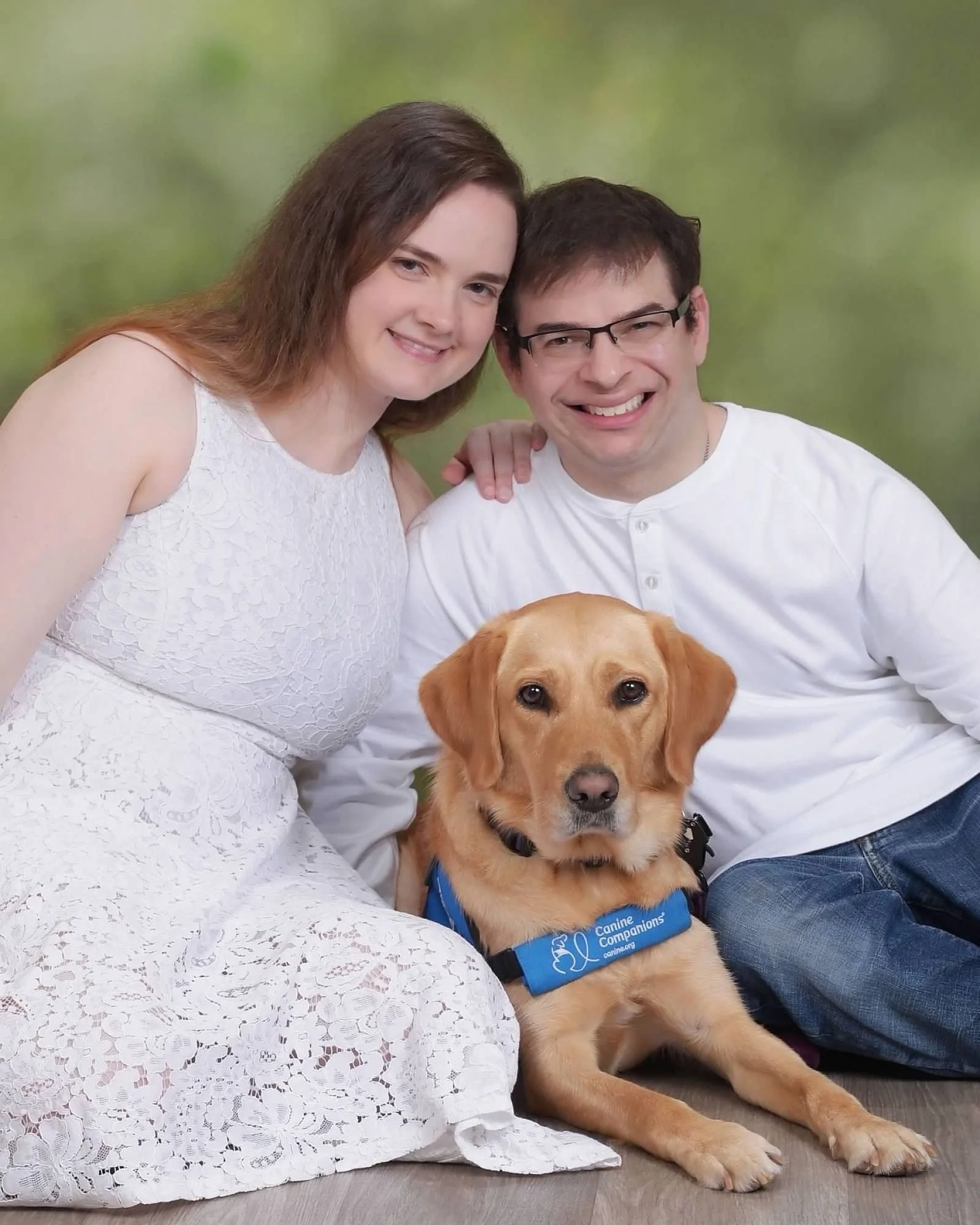A warmly lit café stage with a vintage microphone under a spotlight, brick wall backdrop, empty chairs, and a steaming mug in the foreground.
Every October, the feeds light up.
Wheelchairs in perfect lighting,
hashtags dressed for a party.
“Awareness.”
That word rolls too easy off the tongue.
But awareness doesn’t pay the rent.
It doesn’t rewrite policy.
It doesn’t get you promoted, either.
I’ve worked in communications long enough to know.
Awareness is the appetizer,
not the meal.
It’s the press release,
not the practice.
The promise without the paycheck.
You want courage?
Alright, here’s one.
Try staying in a workplace that calls your exhaustion “grit.”
Try using your leave,
and watching your reputation shift while you heal.
Try asking for equity,
and hearing silence so heavy
you could hang your coat on it.
We get hired for the photo,
not the promotion.
We’re celebrated when we show up,
forgotten when we speak up.
That’s not inclusion.
That’s PR with better lighting and a diversity hashtag on top.
For every disabled person you see,
there are three you don’t.
Chronic pain.
Neurodivergence.
PTSD.
Autoimmune conditions.
Invisible doesn’t mean imaginary.
It just means the world stopped looking.
One in four Americans lives with a disability.
That’s not a metaphor.
That’s the CDC talking.
Only four percent disclose.
That’s fear talking.
And fear—
fear’s got a corner office and a pension plan.
Here’s the truth.
I don’t want awareness anymore.
I want accountability.
I want leaders who ask what barriers to remove
before we hit them.
I want promotions that don’t come
with an asterisk
and a whisper.
I want policy written by the people who live it,
not by the ones who still think
“disability”
is a bad word.
Inclusion isn’t a month.
It’s not October’s costume.
It’s the budget.
It’s the boardroom.
It’s the elevator you send back down.
So when the hashtags fade
and the banners come down,
don’t just call me resilient.
Ask yourself why I had to be.
Because awareness is easy.
Action
Action is everything.










